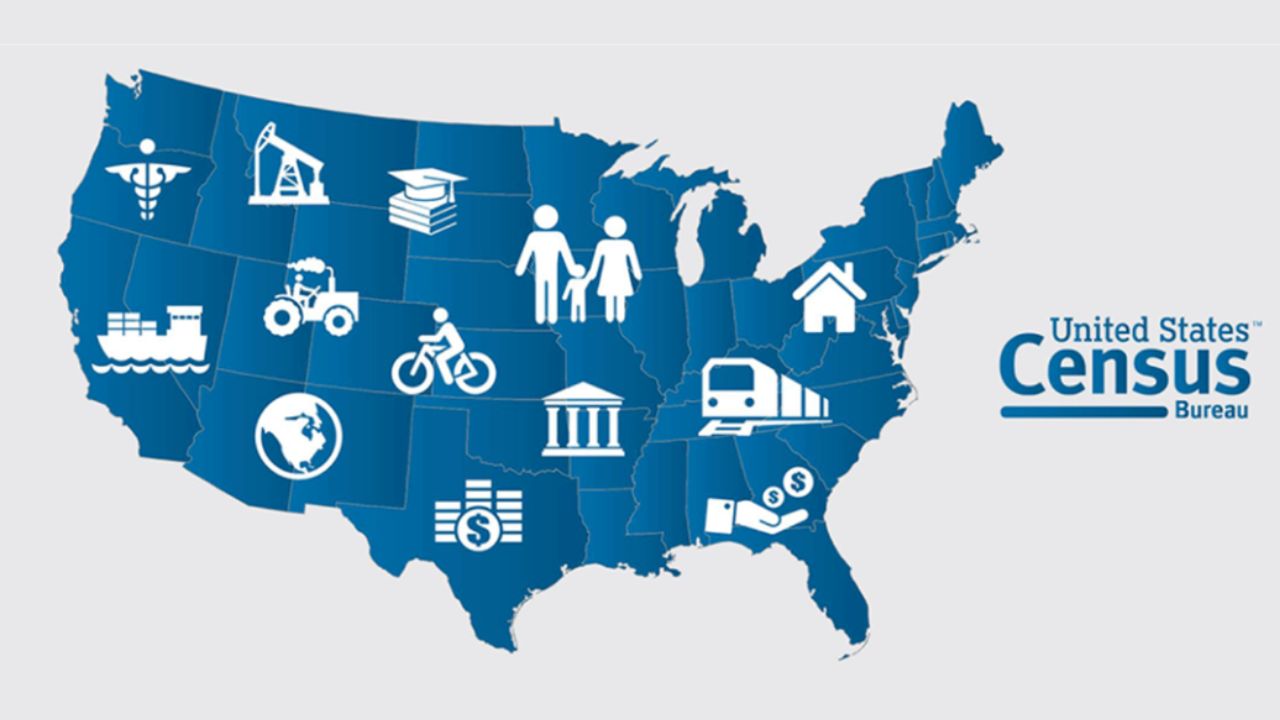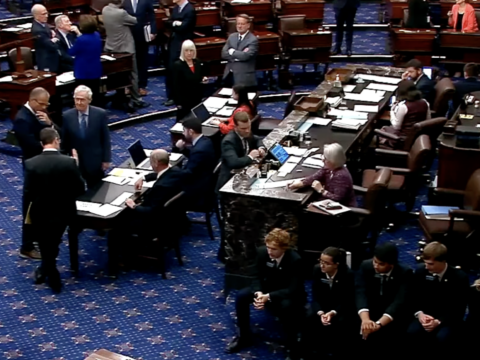WASHINGTON (Diya TV) — In a significant update, the U.S. government is revising its classification of people by race and ethnicity, aiming for more precise representation of the nation’s diverse population. The revisions, announced by the Office of Management and Budget (OMB) on March 28, mark the first change in 27 years and are designed to ensure that federal data accurately reflect the rich tapestry of American society.
The new approach will merge separate questions about race and ethnicity into one, allowing respondents to select multiple categories simultaneously. This change addresses concerns that many Hispanic individuals found it challenging to navigate the separate race and ethnicity questions, often leading to inaccurate responses.
Furthermore, a notable addition is the introduction of a Middle Eastern and North African category, recognizing individuals from regions such as Lebanon, Iran, Egypt, and Syria. Previously, these individuals were encouraged to identify as white, but now they will have a distinct option to represent their heritage accurately.
Karthick Ramakrishnan, founder of AAPI Data, hailed the revisions as a crucial step towards recognizing and honoring the diversity within communities. He emphasized the importance of accurate data in informing policies and programs that benefit various communities.
The revisions also eliminate outdated and potentially offensive terms such as “Negro” and “Far East” while encouraging the collection of more detailed data beyond the minimum standards. Additionally, federal agencies will establish an Interagency Committee on Race and Ethnicity Statistical Standards to oversee compliance and ensure ongoing improvements.
The decision to revise the standards was reached after extensive collaboration and input from stakeholders, including advocacy groups and community organizations. CAPAC Chair Rep. Judy Chu praised the update as a historic milestone, acknowledging the efforts of advocates and community members who campaigned for improved data equity.
Maya Wiley, president and CEO of The Leadership Conference on Civil and Human Rights, expressed satisfaction with the changes, noting that they are a step in the right direction but urging further research and testing to ensure inclusivity and accuracy.
The revised standards will impact data collection efforts across federal agencies, as well as in state governments and the private sector. By providing a more comprehensive and nuanced understanding of race and ethnicity, these revisions aim to support better-informed policymaking and program development.




